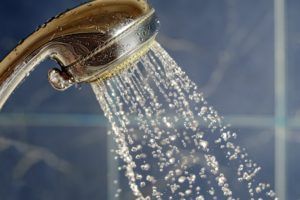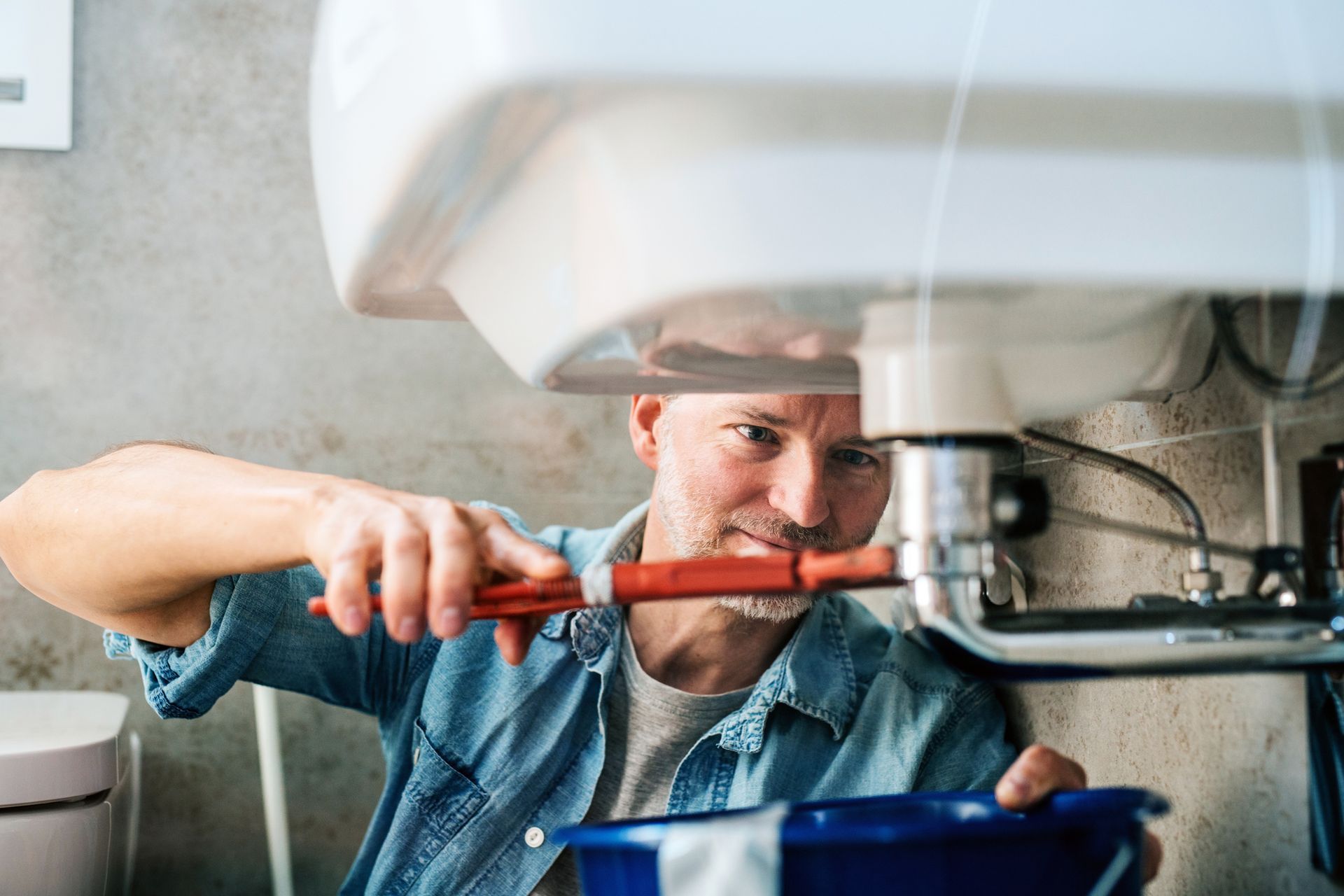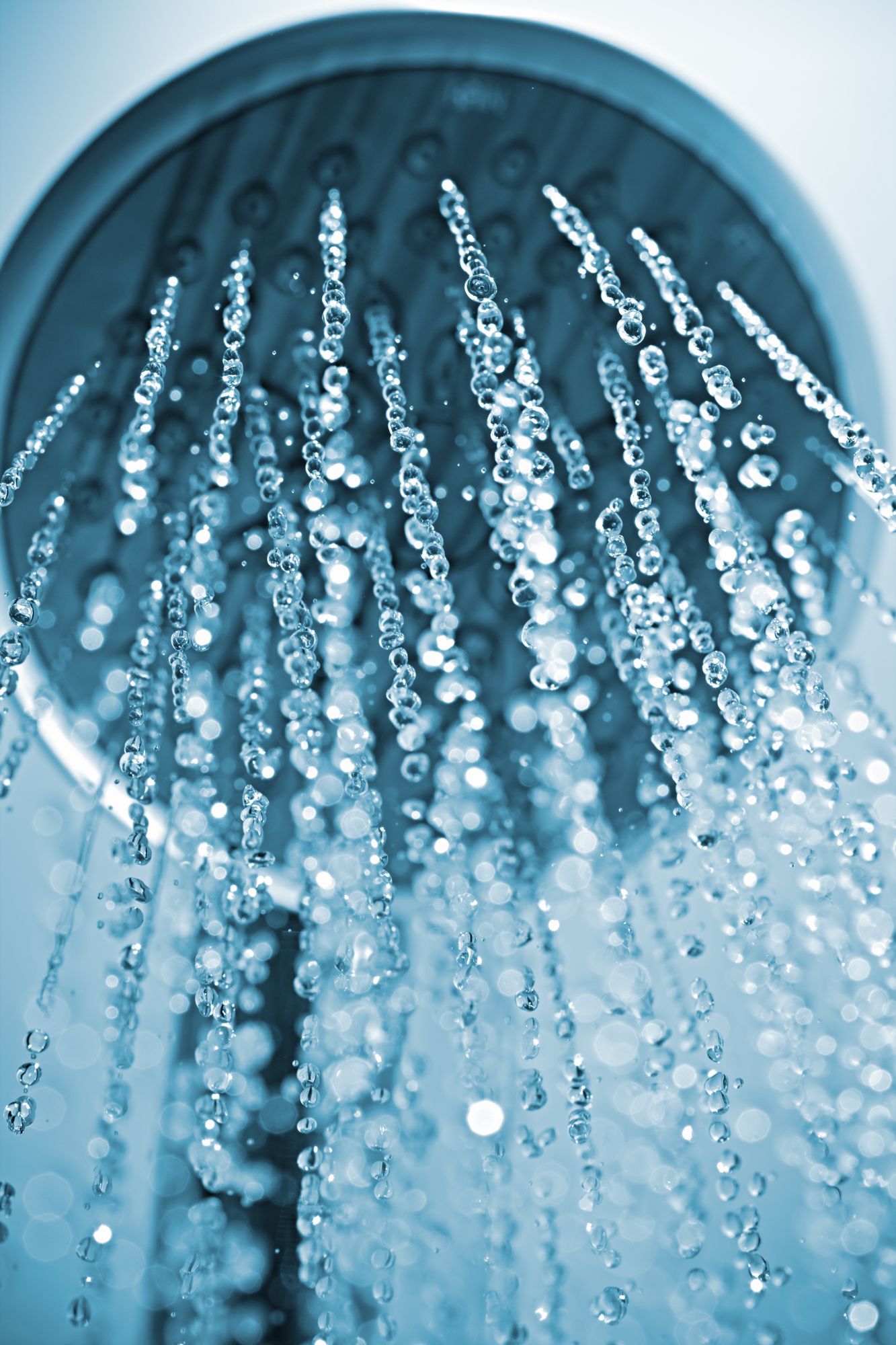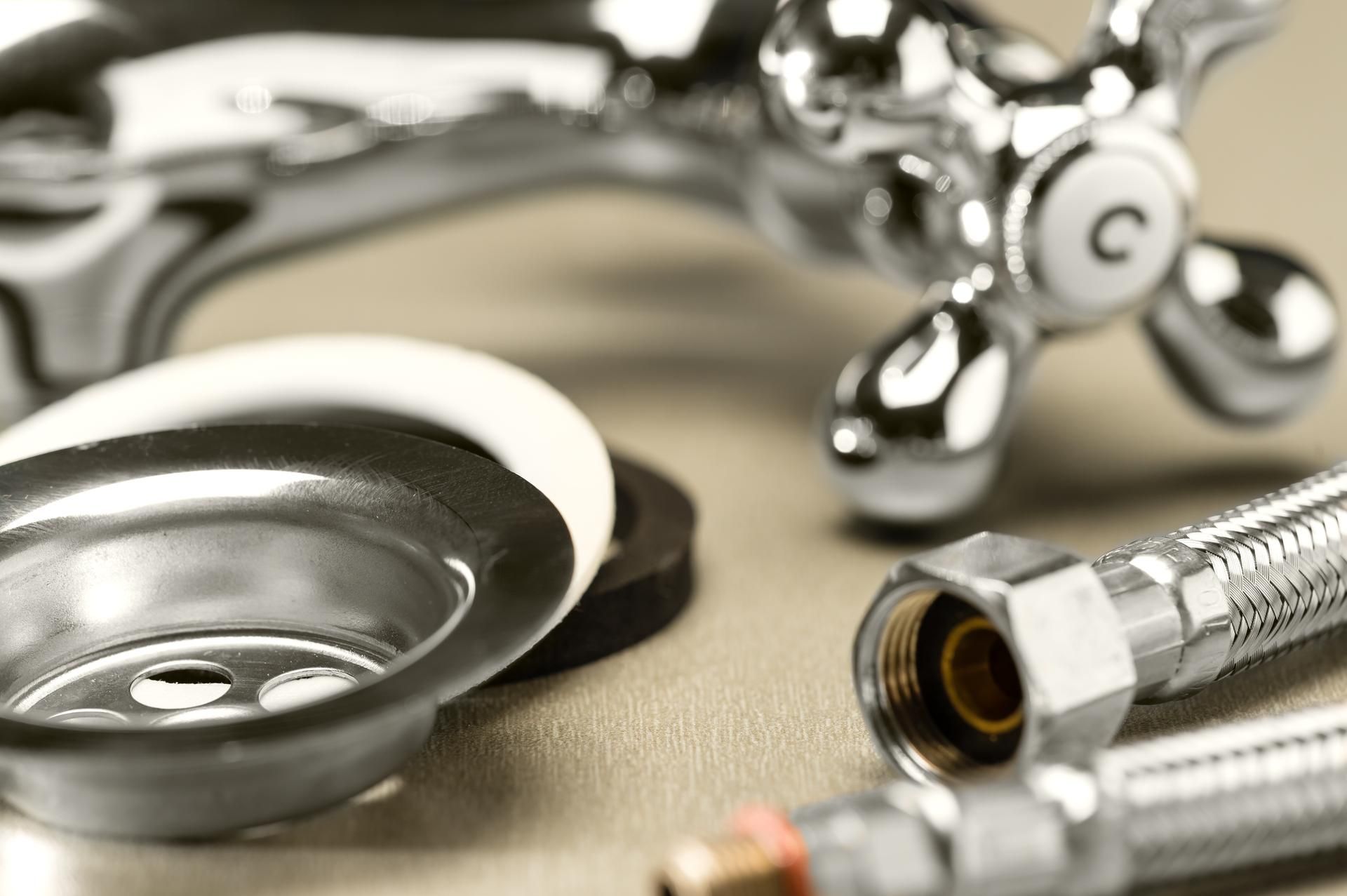Break Bad Shower Habits to Save Your Bathroom Plumbing

You might not realize it, but bad shower habits can impact your bathroom plumbing in ways you wouldn’t expect. Common problems including clogs and leaks can come from careless and sometimes dangerous shower habits.
Bad habits die hard, but overcoming some shower habits can give your bathroom plumbing a new lease on life. You will not only enjoy more reliable plumbing and fewer service calls but also conserve more water and pay less for the privilege of using your shower. The following are a few things you can do to break those habits and ensure your bathroom plumbing works efficiently.
1. Take Shorter Showers
The idea of a long, hot shower is something many people just can’t pass up. However, lengthy, hot showers can be more trouble than they’re worth in the long run. Showering for extended periods with the hottest water settings available can actually encourage mold and mildew growth. The overly warm environment left behind after a hot shower offers the perfect conditions for mold to develop.
To prevent mold growth, limit your shower times to 10 minutes or less. Also, make sure you’re using comfortably warm water instead of the hottest water you can use without scalding yourself.
2. Skip the Antibacterial Soap
Antibacterial soaps are quite popular for their ability to kill harmful bacteria. Although most antibacterial soaps are meant for handwashing, many people also shower using the germ-fighting bars and liquid soaps. Using these soaps in the shower doesn’t seem like such a big deal — at least until you find out what they can do to your septic system if your home has one.
Septic tanks rely on beneficial bacteria to process large solid waste into more manageable liquid waste. Good septic tank health requires maintaining the balancing act between the beneficial and dangerous bacteria inside the tank. Antibacterial soaps don’t discriminate against both — they destroy both good, beneficial bacteria and harmful microbes once they enter your septic tank.
Regular, non-antibacterial soaps can get the job done just as well as their germ-killing counterparts. Consider switching to a regular soap if you want to avoid damaging your home’s septic system.
3. Use Drain Guards to Keep Hair at Bay
The average person sheds many hairs during normal activities. Showering and shampooing your hair can send these strands straight into your drain, where they can accumulate and form a clog. The more hairs you shed and send down the drain, the bigger the clog and resulting slow drain you’ll eventually encounter.
Sending hair down the drain is a notoriously bad habit many people are guilty of. Fortunately, you can break this habit by placing a guard over the opening of the drain. Drain guards let water through while preventing stray hairs and other debris from following suit. Use drain guards every time you shower to keep stray hairs out of your drains.
4. Replace Leaking Showerheads
Leaking showerheads are easy to ignore, but the consequences can prove serious in the long run. At roughly 10 drips per minute, an ongoing showerhead leak can cost you more than 500 gallons of water each year, according to the latest EPA statistics. Replacing your old showerhead with a newer and more efficient model can help stop leaks and save water.
5. Ditch the Shower Caddy
The humble shower caddy offers a convenient place to put your shampoo, conditioner, body wash, and other shower-time items. Some caddies mount directly onto the showerhead, but the greater convenience this setup offers comes at a cost.
Showerheads aren’t fragile, but they’re not designed to carry the weight of a full shower caddy. A fully-loaded shower caddy can bring the showerhead structure to its breaking point. In a worst-case scenario, a full shower caddy can break the showerhead at the connection between the shower’s interior and exterior walls.
If you must have a caddy to keep your items in, make sure you’re using a corner caddy. Avoid hanging anything else of significant weight that could damage or even destroy your showerhead and other plumbing.
6. Don’t Forget Your Loofah
Loofahs are another potential vector for mold and bacteria. Leaving a wet loofah behind in your shower can encourage mold growth. If left unchecked, the mold growth can also spread from the loofah to the rest of your shower. Instead of leaving your loofah in the shower once you’re done, ring it as dry as possible and store it in a cool and relatively dry place until you need it again.
These tips can help you break those bad shower habits and keep your bathroom plumbing in one piece. Contact the experts at Jim Dhamer Plumbing and Sewer, Inc. , today to learn more or call (630) 964-2222 to schedule service.
The post Break Bad Shower Habits to Save Your Bathroom Plumbing appeared first on .
Leave A Reply
More Posts









